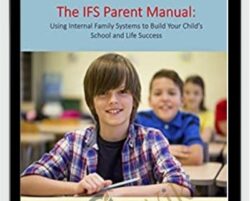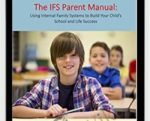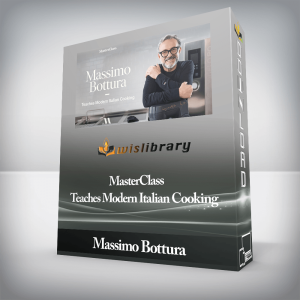When you register you will learn:Intentional vs reactive parenting: Becoming a Self-Lead ParentBeFRIENDING your parts so you can welcome and beFRIEND your child’s The 5 P’s of Parenting: Presence, Patience, Persistence, Perspective and PlayfulnessIt’s all in the Connection: Gaining your child’s Cooperation, Increase their Confidence and Self-EsteemPlus!Lifetime access to all webinar recordings.Connect with your peers via the course forum.& more!Objectives:Analyze what parts are, how they manifest, their purpose, and the 3 types of parts in order to create an understanding of the role of parts in children’s lives and how they impact children and families on a daily basis.Evaluate how to connect with parts in order to create loving, healthy, and co-regulated relationships between children and caretakers.Determine what the Self is, identify the core characteristics of self, demonstrate how parts are resources for Self, and describe the inner resources present in each person.Develop effective parenting tools via delineating the qualities of Self-led parenting, determining the importance of befriending one’s own parts in order to be able to befriend children’s parts, appraise the impact of childhood wounds on parenting, and investigate child parts within.Integrate the parenting protocol questions designed to help parents assess how childhood wounds and trauma may be contributing to a re-creation of similar dynamics in the parenting of their children.Analyze the research on the role of attachment in building strong relationships between children and their caregivers.Demonstrate the six “P’s” of parenting and apply these tools in order to allow parents to be available to connect with and create healthy attachment with their children and improve parent’s ability to parent effectively.Determine the impact that different attachment styles have on how parents and children relate to each other, appraise the impact of stress on connection, elaborate on how legacy burdens can negatively impact the connection between parent and child, and organize parenting tools that can be utilized to build cooperation and re-establish connection and attachment via parental attunement and building self-confidence in children.Course Outline:Intentional vs. Reactive Parenting: Become a Self-Led ParentUnderstanding PartsPositive Intentions for the SystemTypes of PartsConnecting with PartsSelf-EnergyWhat is Self?Getting Space Between Parts & SelfParentingIntentional ParentingM.U.S.H.Y.Self-Led ParentingBefriending Your Parts So You Can Welcome and Befriend Your Child’sBefriending Your PartsAll Parts are WelcomeExternalizing Parts & SelfUnblendingTriggersPart-to-Self ConnectionBefriending Your Internal Parts & You’re Children’s Outside PartsSafetyM.U.S.H.Y.SoothedConnectedSecurityRepairChild Parts WithinChildhood WoundsParenting Protocol QuestionsBefriending Your PainThe Six P’s of ParentingPresencePatiencePersistencePerspectivePlayfulPauseIt’s all in the Connection: Gaining Your Childs Cooperation, Increase Their Confidence & Self-EsteemAttachmentAttachment StylesAttunementConnectionThe Impact of StressIntentionCo-RegulationQuestions to Deepen ConnectionConnection to the PastLegacy & Intergenerational BurdensBuilding Self-Esteem & ConfidenceReflectingCommunicating UnderstandingEstablishing Safety & Setting LimitsSupporting Self-ConfidenceGet Parenting with the Internal Family Systems (IFS) Model – Rodger Goddard, Only Price $87Tag: Parenting with the Internal Family Systems (IFS) Model – Rodger Goddard Review. Parenting with the Internal Family Systems (IFS) Model – Rodger Goddard download. Parenting with the Internal Family Systems (IFS) Model – Rodger Goddarddiscount.
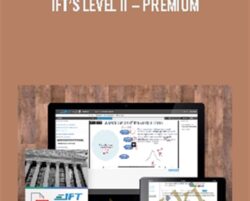 IFT’s Level II – Premium – CFA Institute
₹12,450.00
IFT’s Level II – Premium – CFA Institute
₹12,450.00
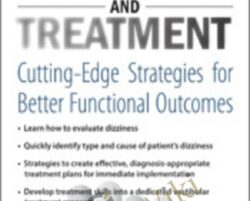 Vestibular Rehab Evaluation & Treatment: Cutting-Edge Strategies for Better Functional Outcomes – Bridget Kulick
₹12,616.00
Vestibular Rehab Evaluation & Treatment: Cutting-Edge Strategies for Better Functional Outcomes – Bridget Kulick
₹12,616.00
Parenting with the Internal Family Systems (IFS) Model – Rodger Goddard
₹13,778.00

